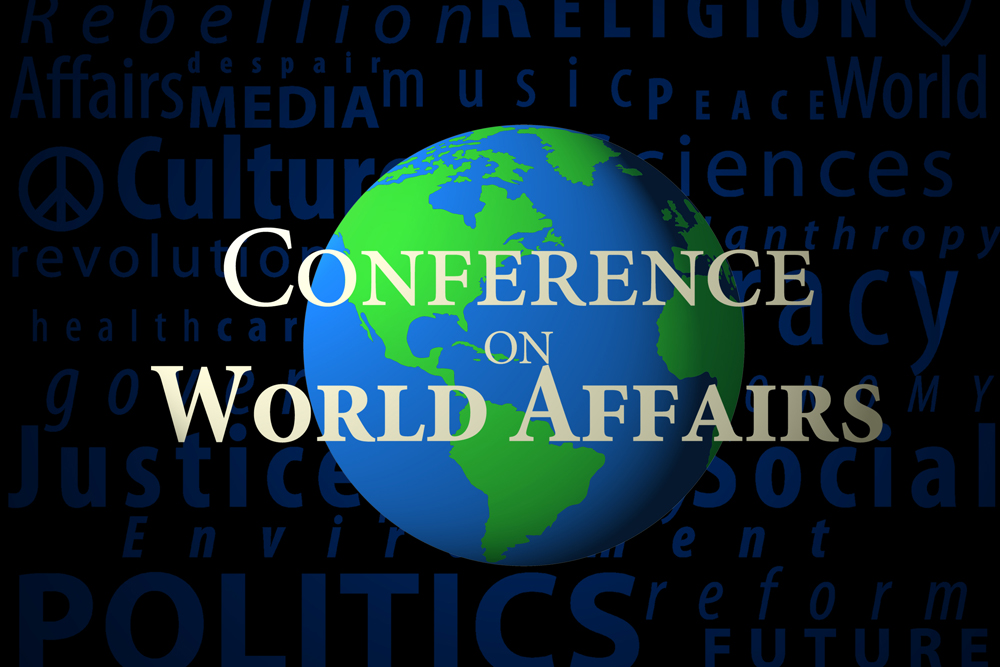US reconsiders withdrawal from Afghanistan
Secretary of State Ash Carter said on Thursday that the Allied Coalition should prepare to be “flexible” about the plans made to disengage from Afghanistan. Obama’s plan was expected to withdraw all U.S. troops from Afghanistan, besides a small garrison of 1,000, by 2016. A few days after American fighters bombed a Doctors Without Borders’ hospital near Kunduz, that plan is changing. The accident happened as the U.S. was trying to help Afghani forces push back Taliban insurgents from Kunduz after the terrorist group captured the city late last month. It was the first time since the Taliban were able to capture a major city since U.S. intervention almost 14 years ago.
Top U.S. generals commented that the Afghan army cannot deal with the Taliban on its own, as expected, even after more than a decade of training. It appears that the U.S.-led coalition will not come back for Christmas, after all. Those specifics, however, have not yet been given.
The situation on the ground was explained remarkably well by VICE reporter Ben Anderson in the 2012 documentary “This is What Winning Looks Like.” Anderson is embedded with an Afghan platoon that is constantly high on heroin and whose officers keep boys as sex slaves. This, Anderson argues, is the situation after hundreds of American soldiers lost their lives in rocky Afghanistan.
Saudi Arabia sends weapons to Syrian rebels
An unnamed Saudi government source told the BBC that Saudi Arabia is sending more weapons to the Free Syrian Army in response to Russia’s intervention in Syria. Russia started bombing all those groups against Assad last week, which means both ISIS and the U.S.-backed Free Syrian Army. The source told the BBC that Saudi Arabia is not arming ISIS. Saudi Arabia and the Gulf States remain committed to overthrow Assad, as Russia is trying to prevent that from happening.
Syria is a long stretch of desert dotted with cities in rubbles after almost five years of brutal civil war. It is now a global arena for all those countries and people that want to have a good fight. Its people can either stay and die or flee to neighboring countries and Europe to deal with racism, hardship and xenophobia.
Unrest in Jerusalem threatens another intifada
Clashes between Palestinians and Israelis in Jerusalem have intensified in the past week. A Palestinian man was shot this Thursday in Tel Aviv after attacking four Israelis with a screwdriver. Wissam Jamal, a 20-year-old Palestinian, was shot the same day during clashes with the police in Jerusalem. The list of casualties and wounded goes on.
The situation is only getting worse as leaders from both sides have trouble quelling the violence. In the past, these episodes led to an armed uprising, causing hundreds of deaths. The West Bank is a boiling pot and its people are desperate after years of military occupation. The act, deemed illegal by the United Nations, as well as the ensuing stagnant economy, have only worsened the situation.
Contact CU Independent Opinion Staff Giorgio Ausenda at giorgio.ausenda@colorado.edu

